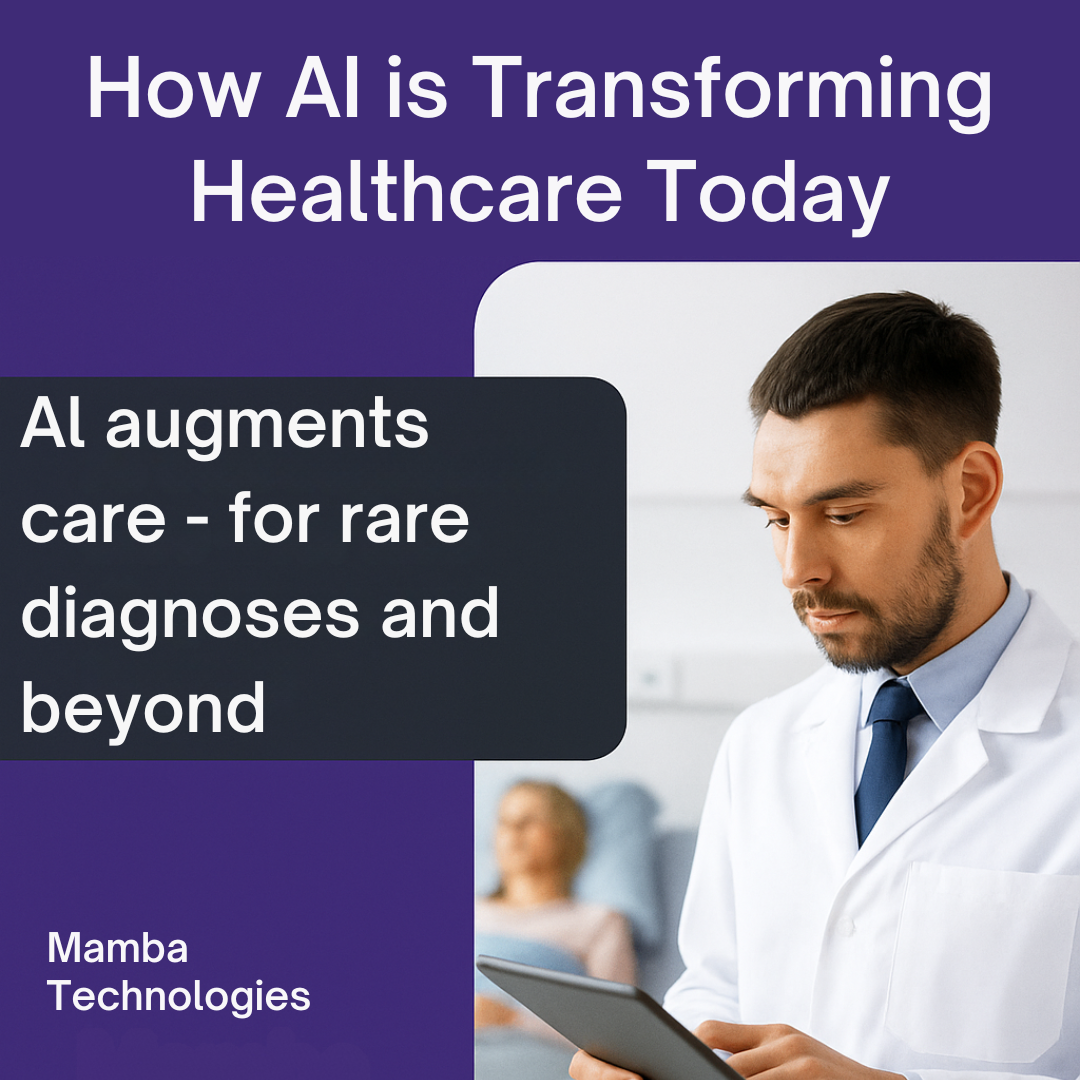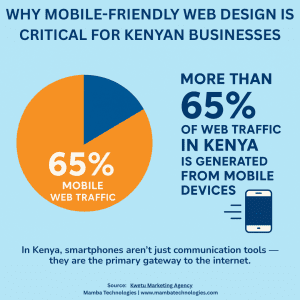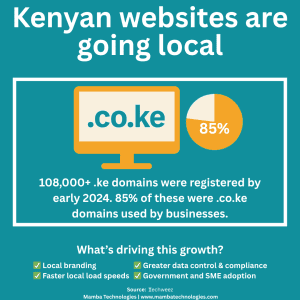Introduction: Why AI is Reshaping Healthcare
From remote clinics in rural Kenya to world-class hospitals in global cities, Artificial Intelligence (AI) is changing the way healthcare is delivered. It’s not just about futuristic robots—it’s about faster diagnoses, better patient engagement, and more efficient clinical workflows.
Recently, a story went viral: a mother, after months of uncertainty and visits to 17 doctors, turned to ChatGPT to help understand her child’s chronic pain. AI’s analysis pointed her toward a rare condition, which doctors later confirmed. This case underscores the growing role of AI—not as a replacement for medical professionals, but as an empowering partner in healthcare.
1. Faster, More Accurate Diagnoses
AI can analyze complex datasets—from patient histories to imaging scans—in seconds. Machine learning models now assist in detecting:
-
Early-stage cancers
-
Neurological conditions from EEG data
-
Risk patterns in chronic illnesses
Case in point: The Cleveland Clinic uses AI to monitor brain activity in ICU patients in real time, alerting doctors to neurological changes within seconds. This speed can make the difference between full recovery and life-long disability.
2. Reducing Clinician Burnout with AI-Powered Medical Scribes
Documentation eats up valuable clinical time. AI scribes now:
-
Record and transcribe patient visits
-
Generate structured clinical notes
-
Integrate with Electronic Health Records (EHRs)
This means clinicians can focus on patients, not paperwork. In the UK, GPs using AI scribes report up to 80% improved efficiency.
3. Personalizing Treatment Plans
AI enables precision medicine—tailoring treatments based on genetics, lifestyle, and health history.
For example:
-
AI-driven tools recommend the most effective drug combinations for cancer patients.
-
Predictive analytics help prevent hospital readmissions by identifying at-risk patients early.
4. Addressing Healthcare Access Gaps
In regions where specialists are scarce, AI tools can guide frontline health workers in:
-
Screening for common diseases
-
Triaging patients for urgent care
-
Delivering remote consultations with AI-assisted insights
This aligns with Mamba Technologies’ mission to democratize healthcare access across Africa.
5. Balancing Innovation with Ethics & Trust
While the benefits are compelling, AI in healthcare also raises questions:
-
Accuracy: Can AI handle rare conditions without bias?
-
Privacy: Is patient data secure?
-
Skills: Will over-reliance weaken clinician expertise?
How Mamba Technologies Can Help Healthcare Providers
Mamba Technologies advocates for responsible AI adoption—ensuring transparency, data protection, and human oversight in every solution we deliver.
We partner with hospitals, clinics, and health startups to:
-
Integrate AI diagnostics and decision support into existing systems
-
Deploy AI-powered patient engagement platforms
-
Train staff on using AI responsibly and effectively
Whether you’re in Nairobi, Lagos, or London, our AI solutions are built for scalability, compliance, and impact.
Conclusion: AI as a Partner, Not a Replacement
The ChatGPT diagnosis story is more than a headline—it’s a sign of how AI is empowering patients and transforming care delivery. At Mamba Technologies, we believe the future of healthcare is human expertise enhanced by AI intelligence.
📞 Let’s talk about bringing AI into your healthcare operations — Contact us today.
![Web Design Agency [Top-Rated Company]](https://www.mambatechnologies.com/wp-content/uploads/2025/03/cropped-Untitled_design__6_-removebg-preview.png)




